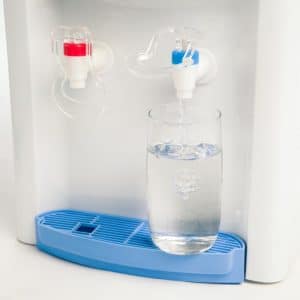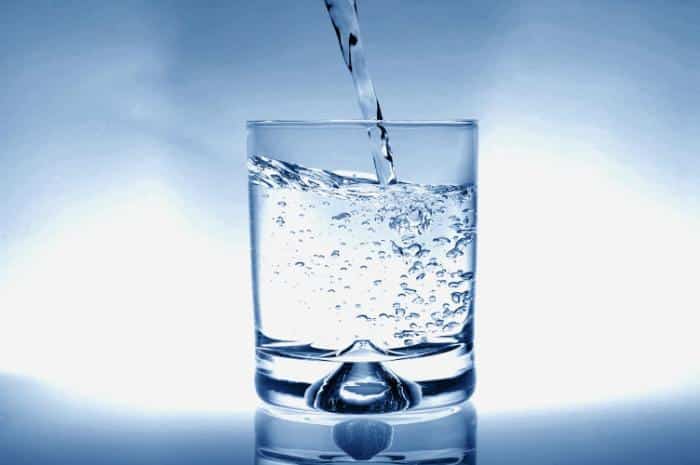The Effectiveness of Water Softeners.
If you have hard water, a water softener will save you money on utility bills by preventing mineral buildup in your pipes and appliances. It also helps prevent spots on your dishes, glassware and soap scum from forming in your shower or tub.
(Looking for “Water Well Maintenance“? Contact us Today!)

How does a water softener work?
Most residential water softeners work by using a process called ion exchange to remove the minerals in your water. As the water passes through the softener, it interacts with resin beads that hold positive ions and negative sodium ions. The sodium ions exchange with the magnesium and calcium ions, removing them.
The resin beads are then flushed out through a waste valve. The ion exchange process is repeated until the water is soft again.
Whether you choose a salt-free or salt-based system, your water softener will regenerate on a regular schedule that is determined by a programmable timer or sensor within the system. Some models can be set to regenerate on a demand basis based on how much you use water.
Effectiveness
The effectiveness of a water softener depends on several factors, including how large your home is and how many bathrooms you have. Some models are more efficient than others, especially those that reduce iron, radium and barium.
Your water softener will save you money on your energy bill by reducing the amount of electricity needed to heat and cool your water. It will also help prevent the mineral buildup that can lead to costly repairs for your plumbing and water-using appliances.
Scale buildup in your plumbing causes blockages and other problems, which can shorten the lifespan of your faucets, shower heads, washing machines, dishwashers, water heaters and ice makers. The minerals will eat away at the metal inside your pipes, causing them to break down and cause leaks, rust and damage over time.
Another problem with hard water is that it can make your clothes dull and dingy, or that the colors of your whites and colors may fade faster than normal. These effects are caused by the dissolved minerals in hard water that can leave behind small scales that clog up the pores of your clothing and other items.
Depending on the type of water softener, you can also save on laundry costs by avoiding the use of hot water to dissolve mineral deposits and detergents. Rather, you can wash your clothes with cold water, which will cut down on dry cleaning and will keep your garments from shrinking.
If you have a water softener, you can avoid the need for costly replacements and repairs on your dishwasher, washing machine, coffee maker, water heater or ice maker. The water softener will reduce the buildup of limescale and other minerals in your plumbing and reduce the number of times you need to replace these appliances.
Your water softener will also save you time because it will eliminate the need to re-wash your clothes, dishes, and other items. Unlike hard water, which requires twice the amount of detergent to achieve the same amount of suds, soft water is capable of fully dissolving and penetrating your soaps and lotions.

